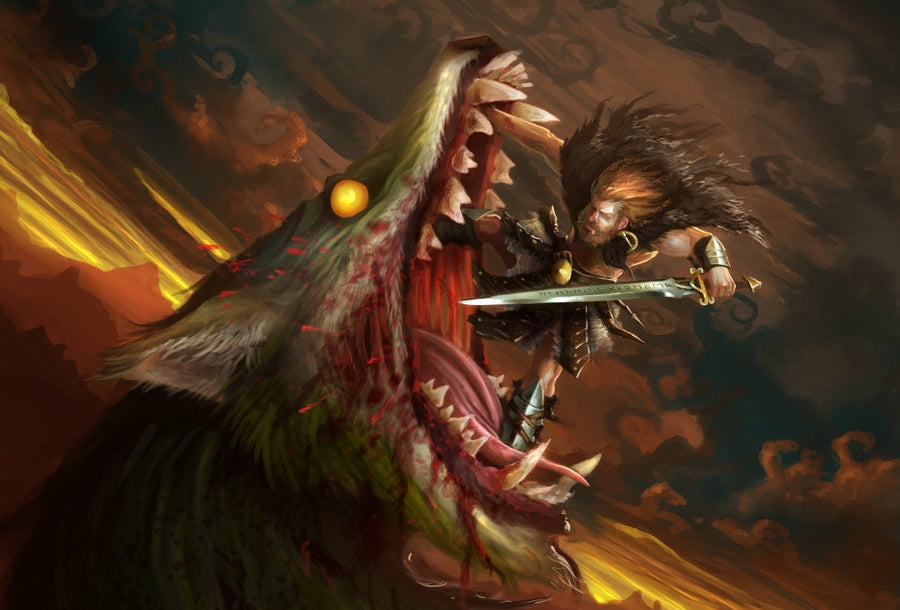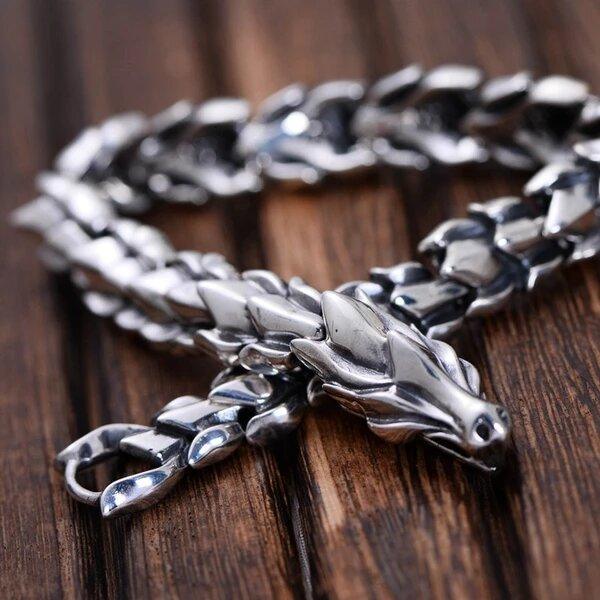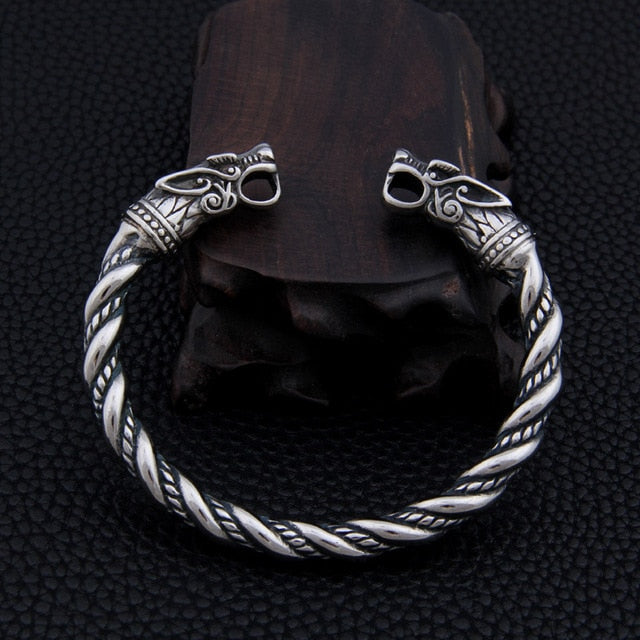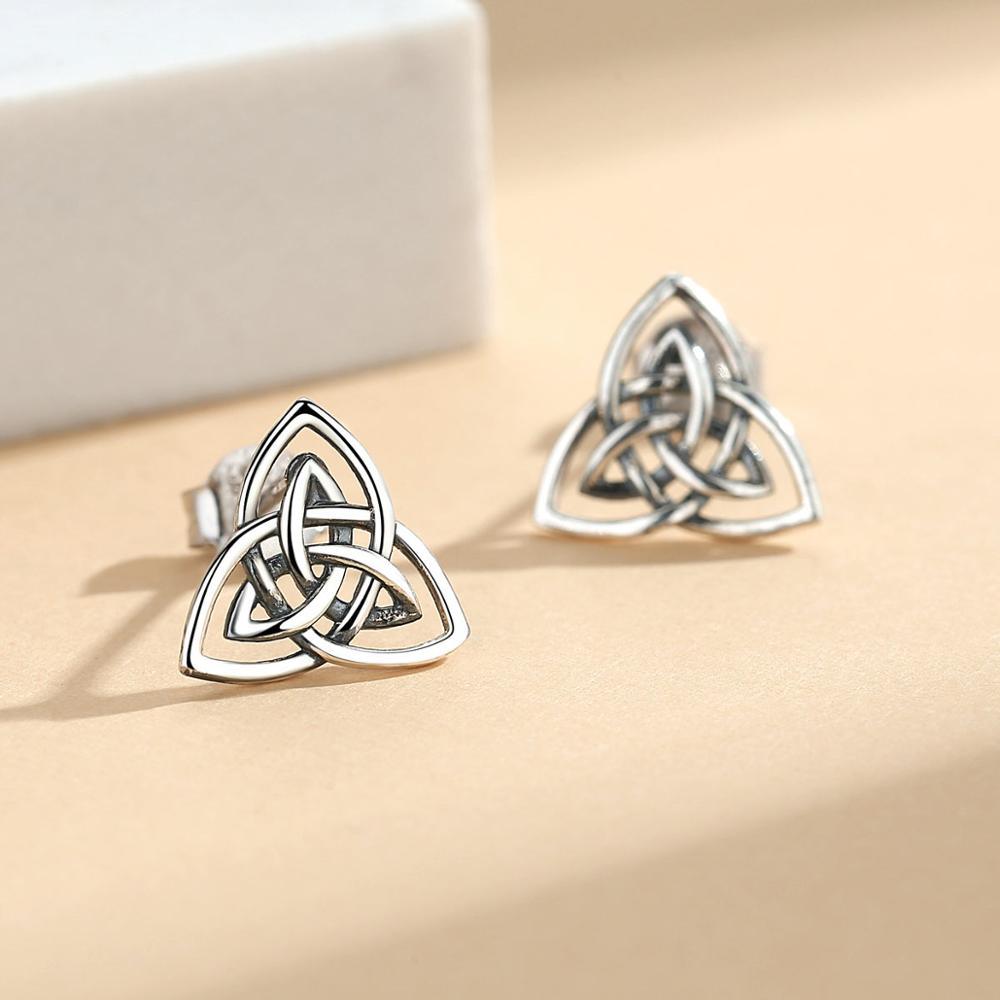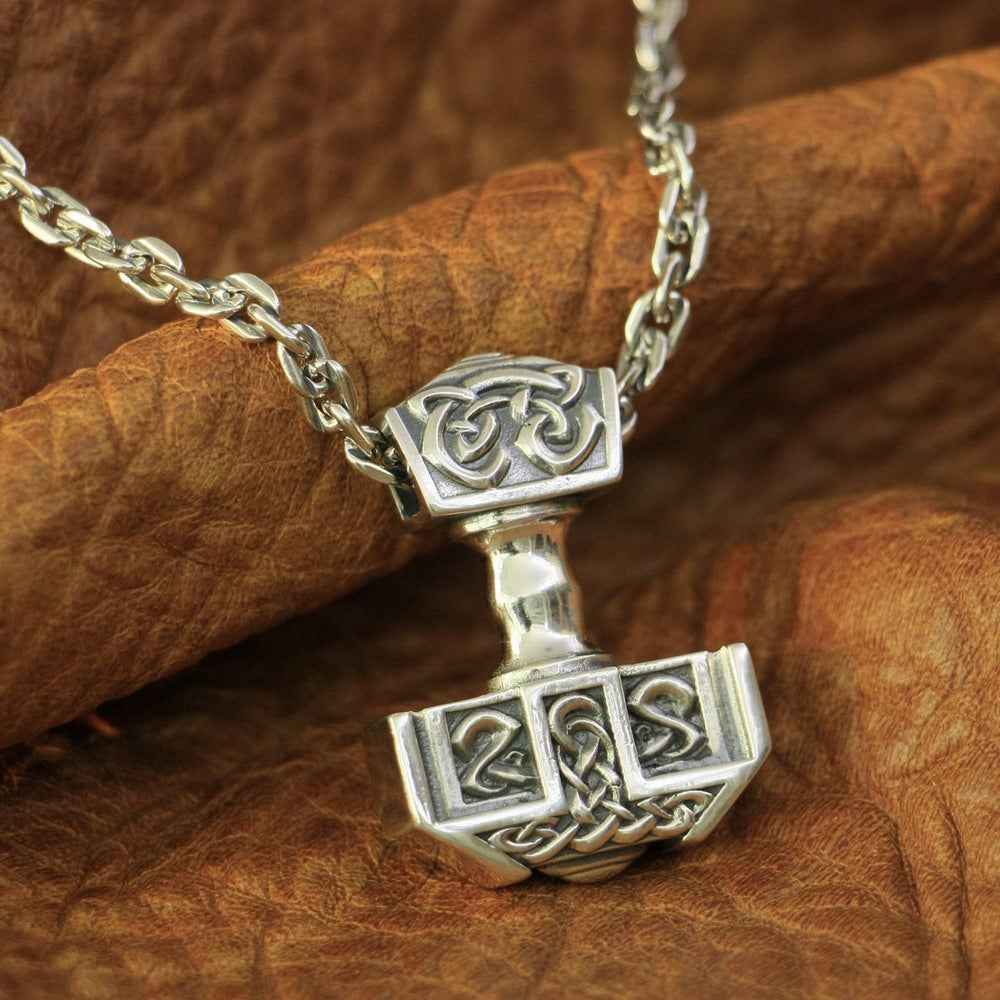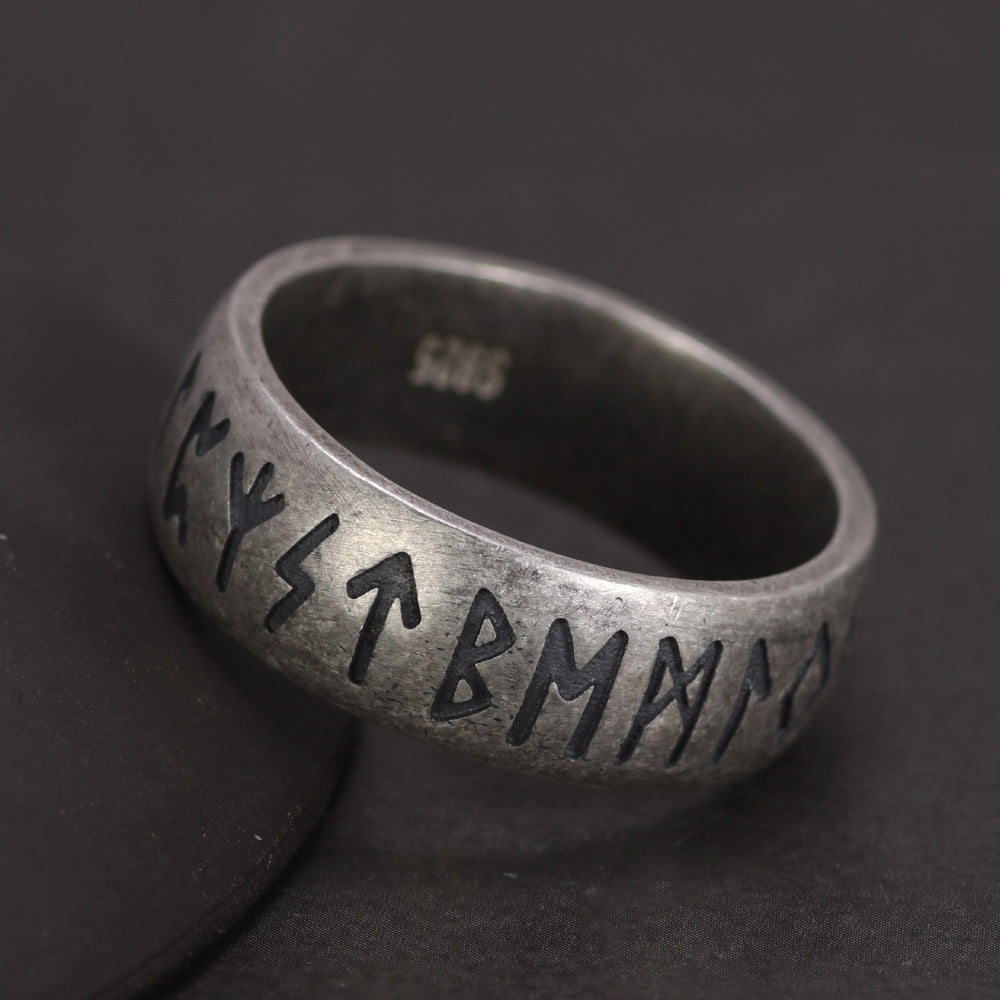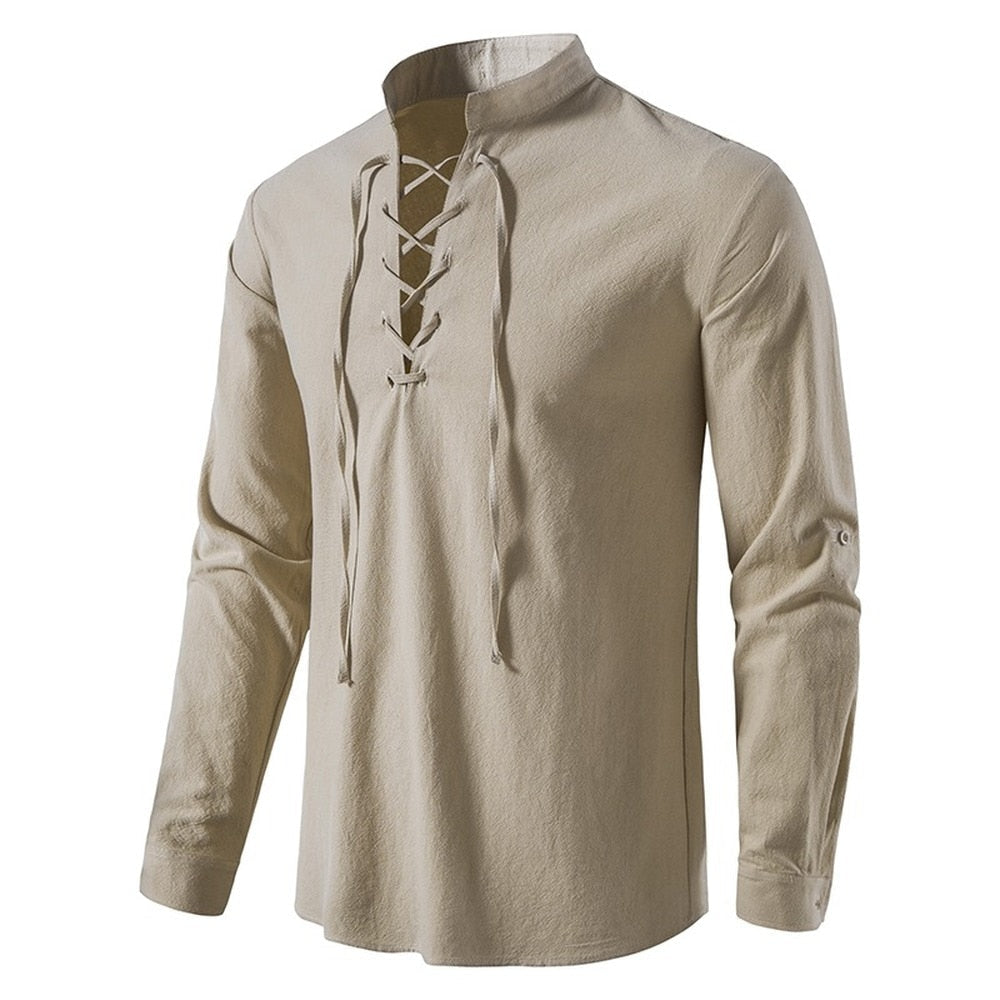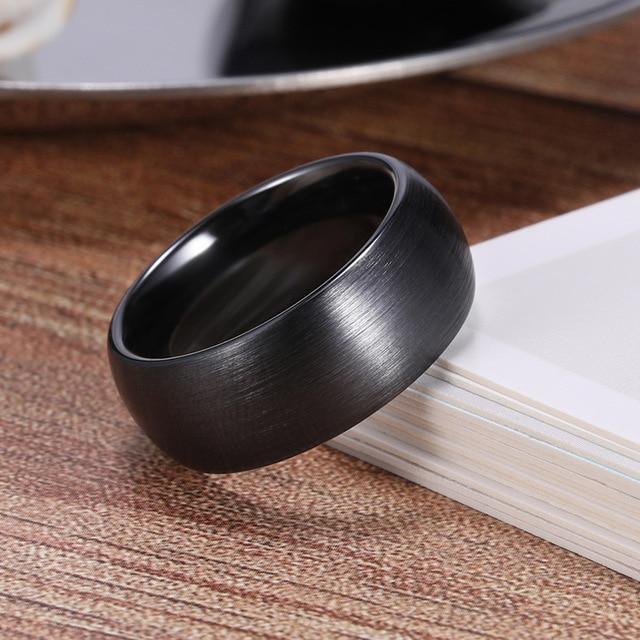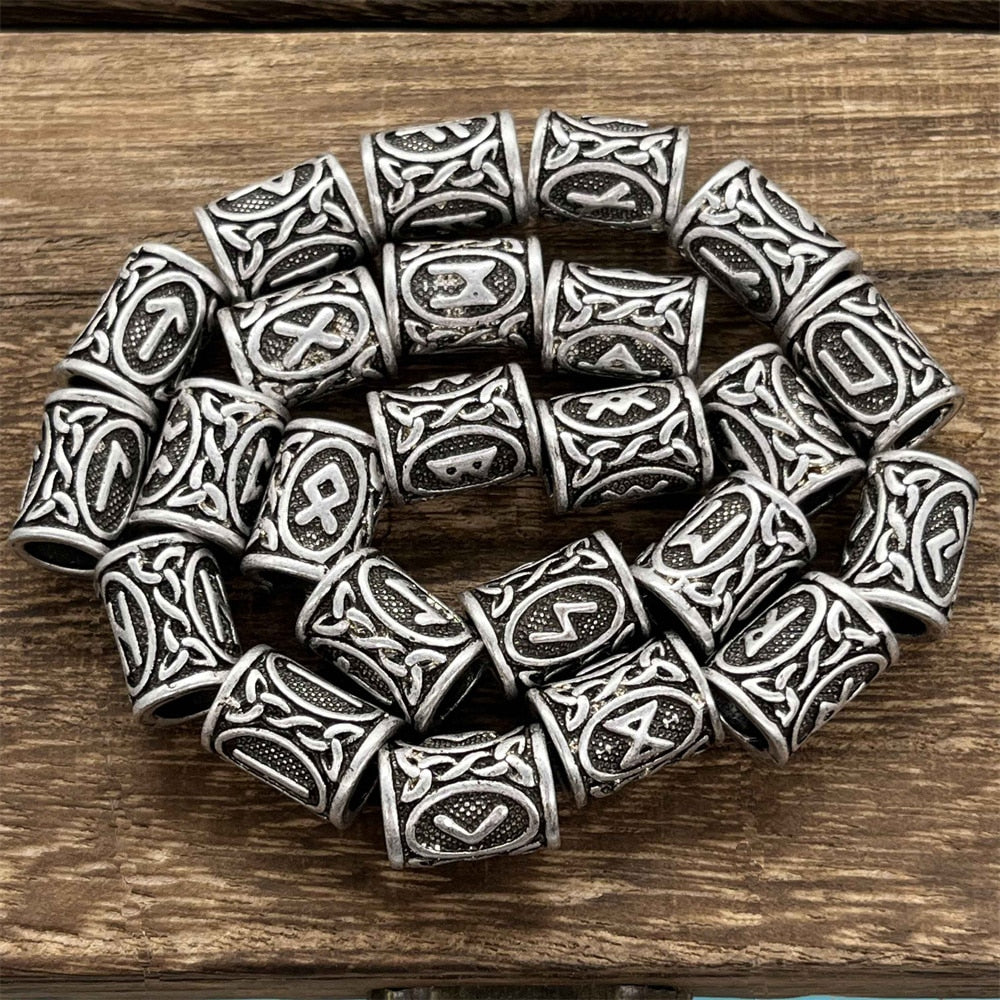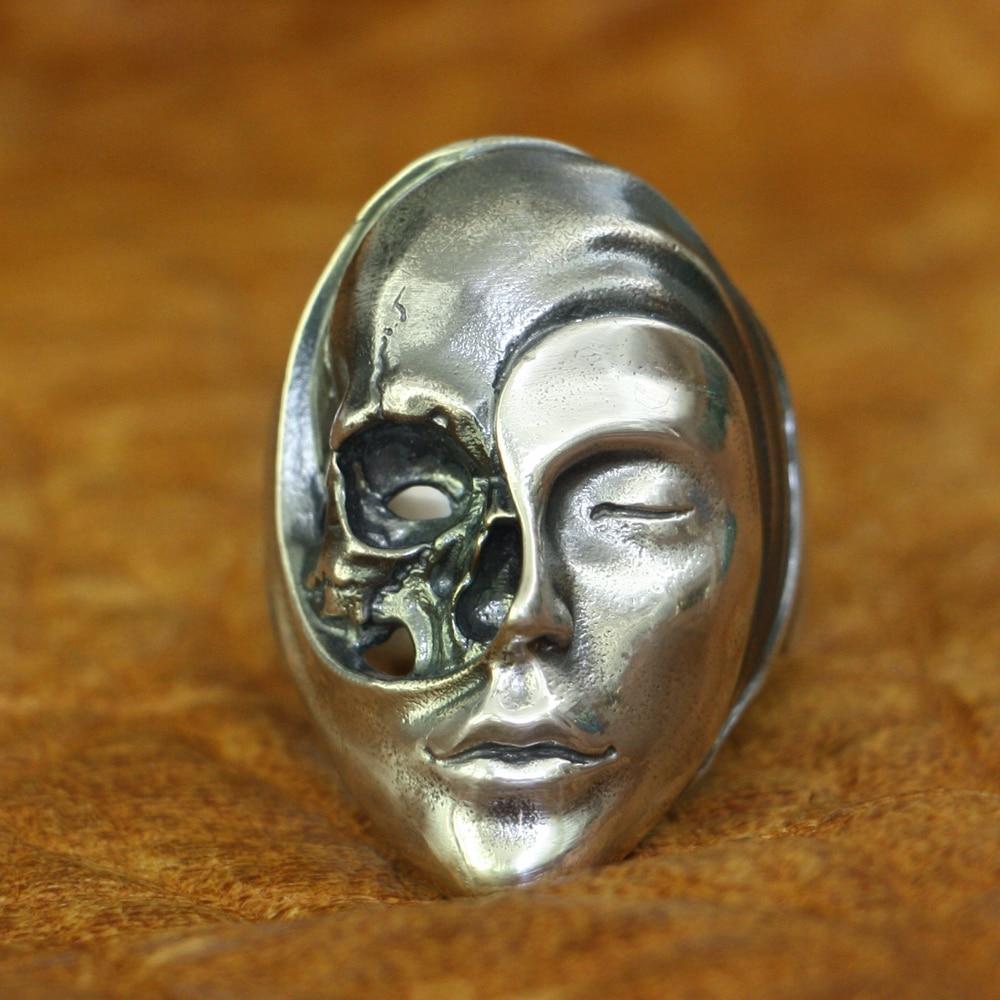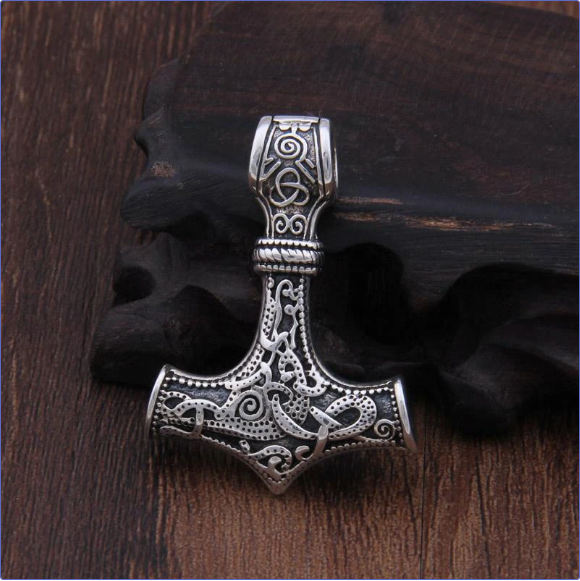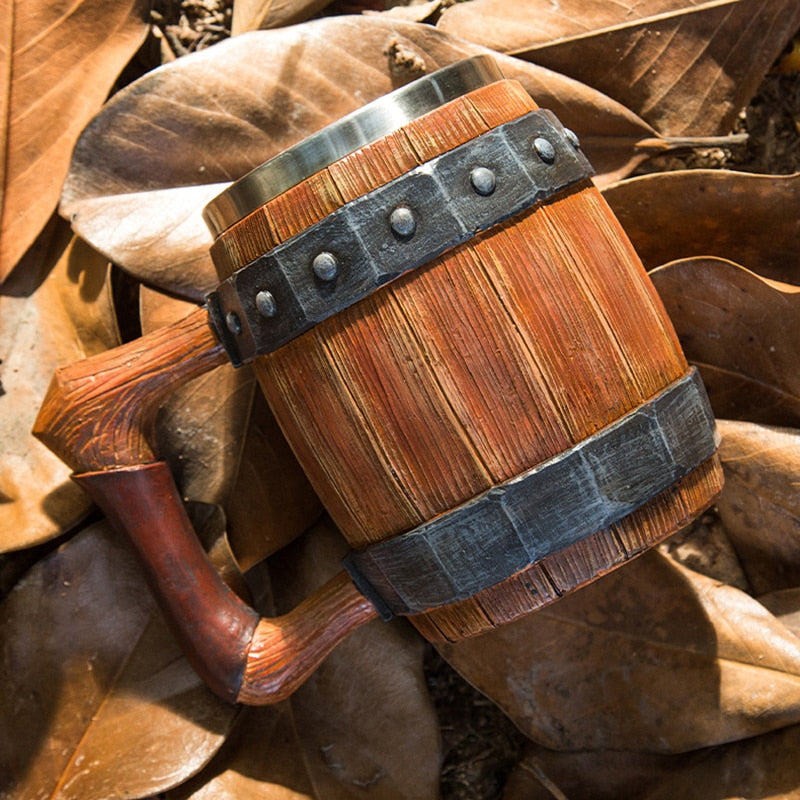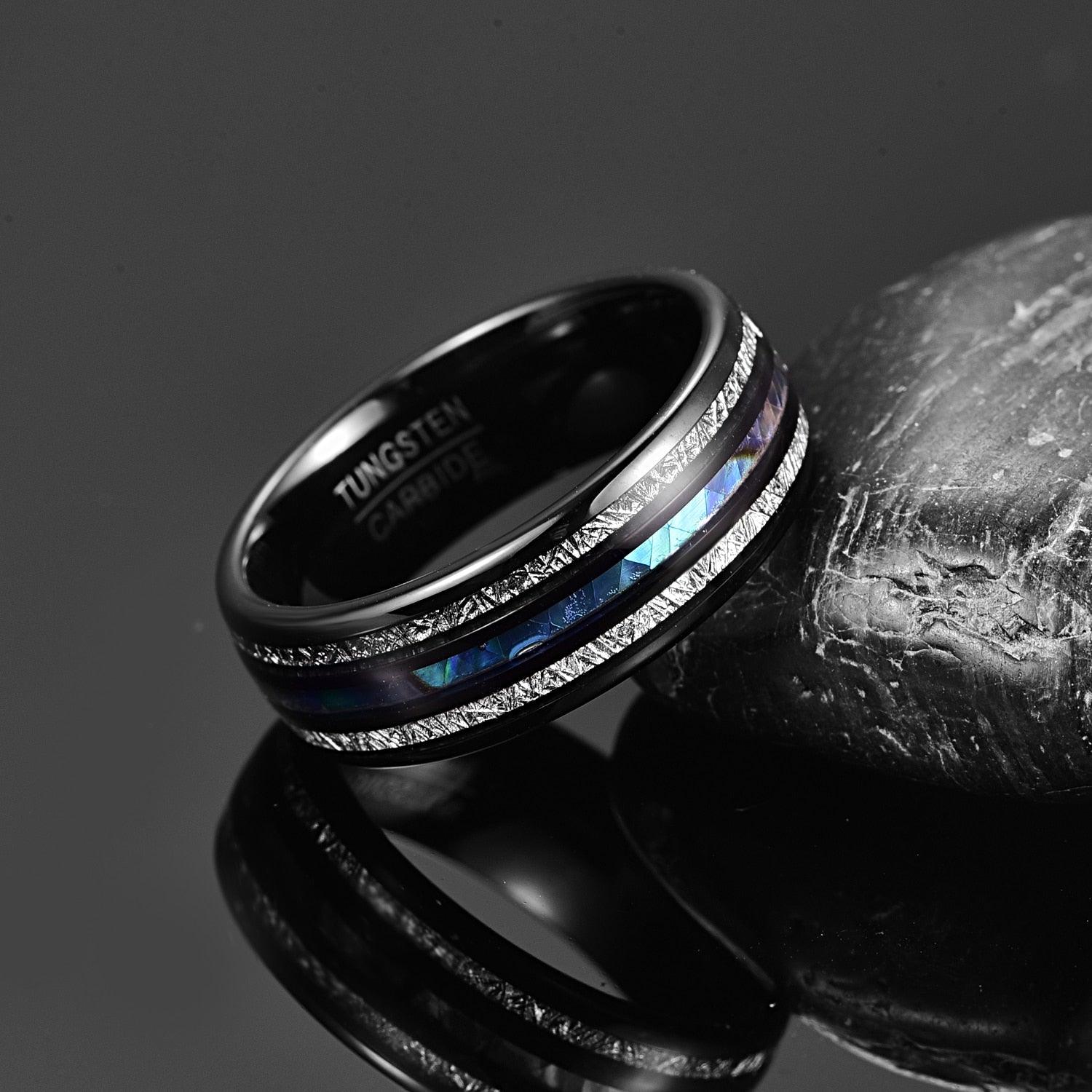Vidar is a son of Odin and the half-brother of Thor. He is an incredibly strong God who is prophesied to both slay the mighty wolf Fenrir and to survive Ragnarok.

Painting from Marcel Gröber (https://www.artstation.com/marschelarts)
The Allfather has several sons, but only one with his wife Frigg: Balder, who is destined to be slain by Loki in what would become one of the events that put Ragnarok into motion. Thor is the son of Odin with the Goddess Jord, who is also considered the embodiment of the earth itself. Vidar is the son of Odin with the giantess Gridr. The giantess’ name means vehemence of violence, but in the Edda she is depicted as a friendly ally to Thor during his journey to the land of the giant Geirrodr. It was Gridr who gave Thor his girdle of strength, called Megingjord, his iron gloves, called Jarngreipr, and her own staff, named Gridarvol.
As for Vidar, the silent God, little is known about his life before Ragnarok, as he did not talk too much...
The Eddas do talk about his strength, which is second only to Thor’s, and his shoes, which he is constantly reinforcing for the day he will face Fenrir in the final battle.
Vidar’s name means “widely ruling”, but this does not seem to be closely linked with the powers with which he was associated. He is described as a warrior God and an excellent fighter, honorable and relied upon by the Gods.
While Thor and Vidar are brothers, they are very different from each other. Where Thor is often boastful, prone to display his mighty skills in fighting, drinking and even fishing, Vidar is quiet, perhaps even brooding, which might have been the reason for his title of the silent God.
According to stanza 17 of the poem Grímnismál (The Lay of Grimnir), Vidar lives in a realm with growing trees and high-standing grass generically called Vithi. In the Gylfaginning (The Deceiving of Gylvi), it is mentioned that “Vidar is one called the silent God. He has a thick shoe. He is strong, almost as strong as Thor. The Gods place great trust in him in all struggles” (chapter 29).
Vidar is also known as the God of the thick shoes. It is said that his shoes were made out of various pieces that people cut off when trimming their footwear, and that he is constantly adding to his shoes with pieces of leather, making them ever thicker. Shoemakers were always encouraged to dedicate off cuts and leftovers of leather to Vidar when making their shoes.

The title of Silent God may also reflect the connection between Vidar and vengeance, to which he is closely associated.
Vidar’s association with shoes and with vengeance primarily stems from the role he will play during the Ragnarok. According to the prophecy, many of the Gods will die in that great battle, including Odin himself, who is predicted to be killed by the mighty wolf Fenrir.

The dreadful wolf Fenrir was chained to a rock called Gjöll by the unbreakable Gleipnir. During the early events of Ragnarok the Gjöll rock will break and Fenrir will then run through the Nine Realms, devouring everything before him in his huge open mouth. The Allfather will finally face him down but, despite his prowess as a warrior, the dreadful wolf will devour him and his horse Sleipnir in a single bite.
Upon seeing his father demise, Vidar will leap into the wolf's mouth itself, fixing his protected feet on the lower jaws of the beast. He then will proceed to grab the wolf’s upper fangs, ripping apart the terrible wolf's mandible, while stabbing it through the throat, killing Fenrir instantly.
By the end of Ragnarok, the giant Surtur will engulf the world in flames and the land will sink into the sea. This is, however, not the end but a new beginning, as a human couple and some of the Gods survive.
Among the surviving Gods are said to be Vidar and Vali, another son of Odin, this time with the giantess Rindr. The Gods will meet in Ithavoll, a field near Asgard that survives the destruction, and there they will forge a new world.

Vidar is also present in the Skaldskparmal, which describes the Aesir visiting Aegir to feast. He was among the twelve presiding male deities at the banquet. He is also briefly mentioned as being present at the banquet described in the Lokesena, where Loki complains that he has not been invited to the feast, and then goes on to insult all of the Aesir Gods (read more here). At least two Scandinavian places are named for Vidar. Virsu, from Vidarshof, which means temple of Vidar, and Viskjol, from Vidarsskjalf, which means pinnacle of Vidar.
Sources
Rudolf Simek (1993) Dictionary of Northern Mythology. Translated by Angela Hall. ISBN-10 0859915131
Jesse Byock (2005) Snorri Sturluson, The Prose Edda. 1st. edition. London, England: Penguin Books Ltd. ISBN-13 978-0-140-44755-2
Anthony Faulkes (1995) Snorri Sturluson, Edda. 3rd. edition. London, England: Everyman J. M. Dent. ISBN-13 978-0-4608-7616-2
Henry Adams Bellows (2004) The poetic Edda: The Mythological Poems, Mineola, New York: Dover, 2004, ISBN 9780486437101
